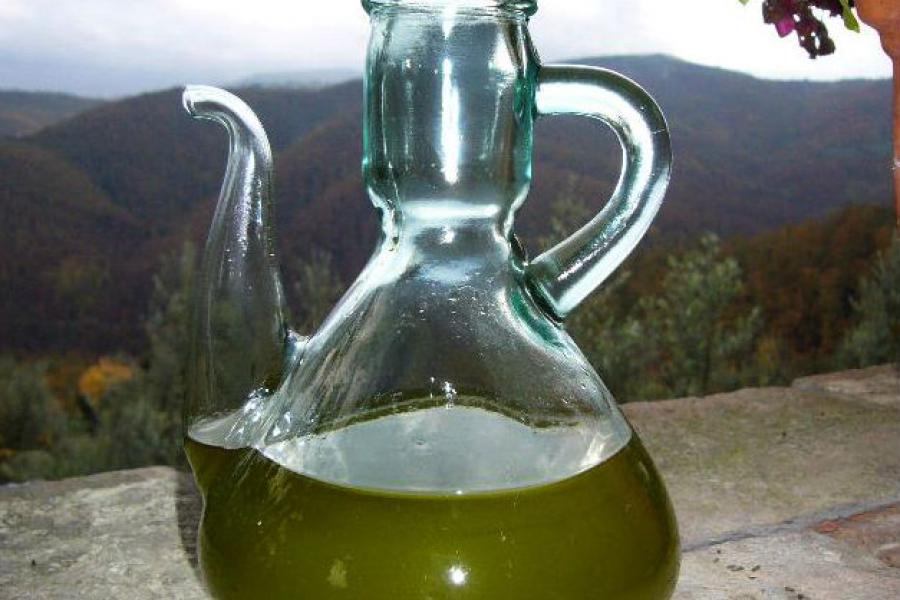Cooking oil
Choosing the right cooking oil will enhance your health as well as flavoring the food.
By now you are probably well aware that not all cooking oils are equal. While some oils have nutritional value, others do not, and finding the right oil for the particular use is important too.
Choosing the right cooking oil
Blood cholesterol levels are connected to heart disease and are usually the main concern when considering fats. Because all oil consists of various types of fat, it’s important to know how a certain fat is going to affect the body. Fat types either lower or raise both good (HDL) and bad (LDL) cholesterol levels. Ideally, we want the lower the LDL while raising the HDL.
- Saturated Fats – Raises both good and bad cholesterol levels
- Trans Fats – Raises bad and lowers good cholesterol levels
- Polyunsaturated Fats – Lowers both good and bad cholesterol levels
- Monounsaturated Fats – Lowers bad and raises good cholesterol levels
From the chart, we see that monounsaturated fat should be our goal.
So what oils are high in monounsaturated fat?
| Tea Seed 485 | Extra Virgin Olive 375 |
| Canola 468 | Peanut 471 |
| Avocado 520 | Safflower 446 |
| Corn 453 | Sunflower 464 |
| Soy 453 | Flax Seed 225 |
| Sesame 350 | Macadamia Nut 413 |
| Grape Seed 435 | Cottonseed 420 |
When it comes to cooking with oils their properties change once heat is added. So while it may be healthy in its natural form and maybe even at low temperatures, it may not retain that state if submitted to high heat.
All oil has a property changing temperature and this is referred to as the smoking point. Once this smoking point has been reached, healthy characteristics begin to break down through a process called oxidization. When food begins to oxidizes, it can produce toxic substances. Think of how a cut apple left to the air will turn brown. The smoking point of oil ranges between 225 and 520 degrees Fahrenheit. See the smoking point of the monounsaturated fats in the above chart and keep the cooking temperature below the given number.
A shocking twist to common beliefs
The best oils for cooking are those that remain stable during heat changes. I admit to being a bit shocked to find that the oils having the most stability are the saturated fat oils! So now what? I thought saturated fat was the culprit we’re told to avoid. Well, while that’s partly true, it turns out that our bodies do require some saturated fat to achieve optimum health. The good news is that there are healthy saturated fats.
The most stable and healthy oil is coconut oil. Although it’s 92 percent saturated fat, it is the type that brings health benefits. Coconut oil is digested very quickly and used up as energy quite rapidly. Because the body uses it so quickly, the saturated fat does not linger in the body and cause the damage that other saturated fats do. Coconut oil also contains lauric acid which combats damaging free radicals, acts as an immune system booster, and fights infection! It is present in the milk of cows, goats, and humans and is an ingredient in many traditional medical remedies.
Here is a list of the 4 best cooking oils
- Coconut Oil
- Macadamia Nut Oil
- Canola Oil
- Extra Virgin Olive Oil
Keeping oil to its closest natural form gives the best benefit to the human body. Therefore, be very aware of the amount of heat to which the oil is exposed when cooking. Stay below that smoking point!

